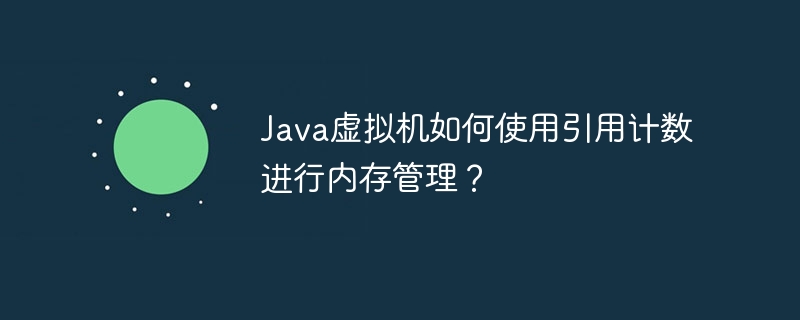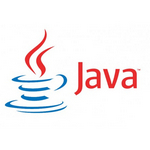java虚拟机利用引用计数管理内存使用,当对象的引用计数达到 0 时,jvm 会进行垃圾回收。引用计数机制包括:每个对象拥有计数器,存储指向该对象的引用数量。创建对象时,引用计数器设为 1。引用对象时,引用计数器增加。引用结束时,引用计数器减少。

Java虚拟机中引用计数的内存管理
简介
Java虚拟机(JVM)使用引用计数来跟踪对象的内存使用情况。当对象的引用计数达到0时,JVM就会对其进行垃圾回收。
立即学习“Java免费学习笔记(深入)”;
引用计数的原理
每个Java对象都有一个32位的引用计数器,存储着指向该对象的引用数量。当一个对象被创建时,它的引用计数器设置为1。当一个对象被引用时,其引用计数器就会增加。当一个引用结束时,引用计数器就会减少。
实战案例
以下代码示例演示了Java虚拟机如何使用引用计数进行内存管理:
public class ReferenceCountingExample {
public static void main(String[] args) {
// 创建两个对象,并增加它们的引用计数
Object object1 = new Object();
Object object2 = new Object();
object1 = null; // 结束object1的引用
// JVM 会垃圾回收object1,因为它的引用计数为0
// 创建一个对object2的强引用
Object strongReference = object2;
// 创建一个对object2的弱引用
WeakReference<Object> weakReference = new WeakReference<>(object2);
// JVM 不会垃圾回收object2,因为还有强引用指向它
object2 = null; // 结束对object2的强引用
// 执行垃圾回收
System.gc();
// JVM 会垃圾回收object2,因为现在只有弱引用指向它
if (weakReference.get() == null) {
System.out.println("object2 has been garbage collected");
}
}
}在这段代码中:
优点
缺点
以上就是Java虚拟机如何使用引用计数进行内存管理?的详细内容,更多请关注php中文网其它相关文章!

java怎么学习?java怎么入门?java在哪学?java怎么学才快?不用担心,这里为大家提供了java速学教程(入门到精通),有需要的小伙伴保存下载就能学习啦!

Copyright 2014-2025 https://www.php.cn/ All Rights Reserved | php.cn | 湘ICP备2023035733号